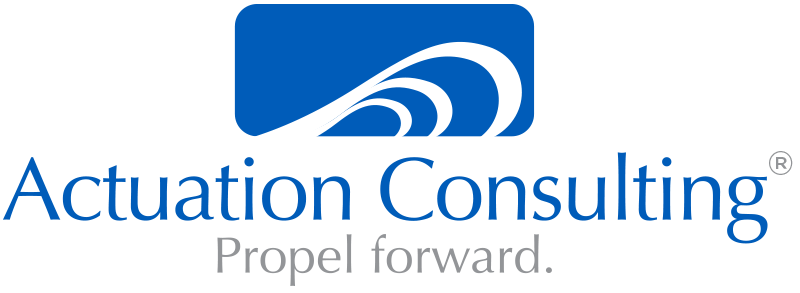In my recent blog post, I shared some of the responsibilities inherent in a product manager’s job, a far-reaching and highly responsible position. The employee who fills it must have extraordinary skills, confidence and the ability to work well with a wide range of personalities all while keeping abreast of the product’s market and competitors. If you missed this earlier post, I encourage you to revisit last week’s entry. This week I want to focus on how product management’s scale impacts the role of a product manager.
Product Management’s Scale – Size of Organization Matters and Impacts the Role
Product Management in Small Organizations
Start-up organizations often rely heavily on the CEO or founder to develop initial products, identify markets and form a team to investigate and pursue potential markets. Because start-up organizations are typically small and often short of cash, the CEO will frequently hold on to the product management role through the early years. Often, a CEO in a small organization will actually have a familiarity with product management acquired earlier in his or her career. As the organization grows, the CEO will usually relinquish the product management role to a successor and devote attention to other more global areas of business concern. Prepare yourself to succeed the CEO in the product management role by personally staying aware of every aspect of the development and deployment process. Think creatively and don’t hold back on ideas you have for streamlining and improving the process. When the day comes for the CEO to turn over the reins of product management, you’ll be near the top of the list to fill the role.
Product Management in Scale Ups and Mid-Sized Organizations
The CEO still cares deeply about product development in mid-sized organizations, but activities like raising capital, growing the customer base and scaling the size of the organization take on a higher importance. However, as the organization grows, the attention products need actually increases. Only by hiring a competent product manager able to keep abreast of the development activities, costs, market and competition facing the company’s products can the company continue to thrive at this critical stage in its lifecycle. Product management at this stage is primarily focused on effective scaling.
Product Management in the Large Organization
Product management is well established in a thriving, large organization. But that doesn’t mean that the CEO is completely detached. He or she is probably not involved in the day-to-day operations required to manage a product, but the boss never quits keeping an eye on the overall health of the company’s portfolio of products. Excellent product managers are the lifeblood of a successful large organization. At this stage of organizational maturity product management professionals look for growth opportunities organically and through mergers and acquisitions. While this type of activity can take place in organization’s of other sizes large organizations place a premium on these skills as it often becomes more difficult to achieve growth targets via organic growth alone as your company’s size increases.
If you can successfully manage resources, human and material, and keep a product or product line on a steady path of growth, you’ll be an invaluable asset to your organization with a bright future before you. However, it is important to remember that your organization’s size and product management’s scale will have an impact on your role. Wise product managers gravitate to organizations who’s span of responsibilities align with their interests and skills.
Advancing the Profession of Product Management™
website I consulting I training I toolkits I books I blog I twitter

